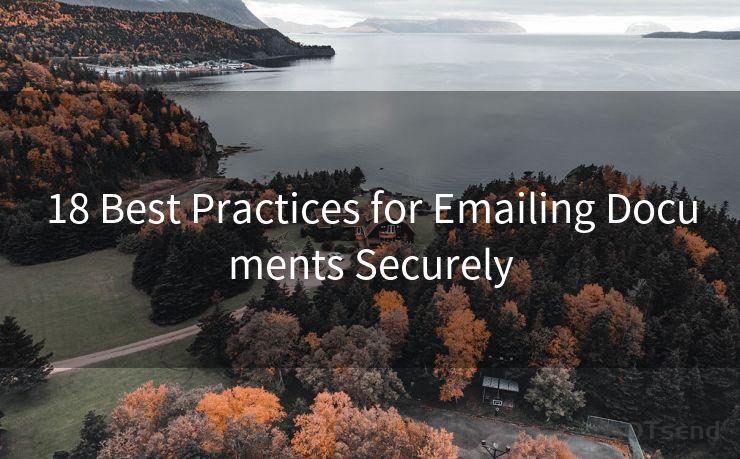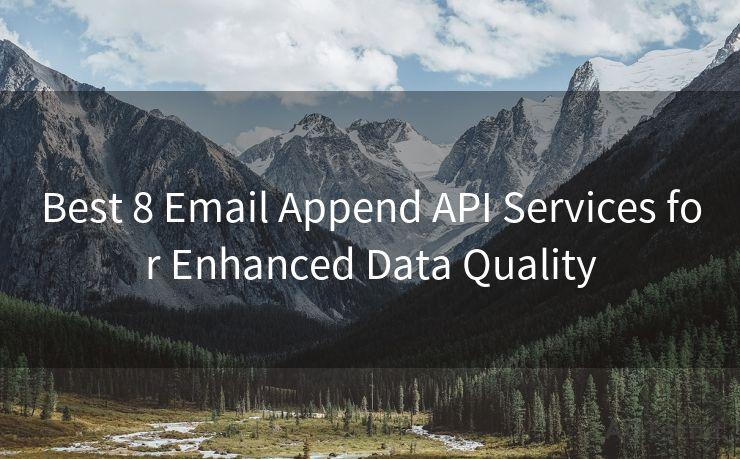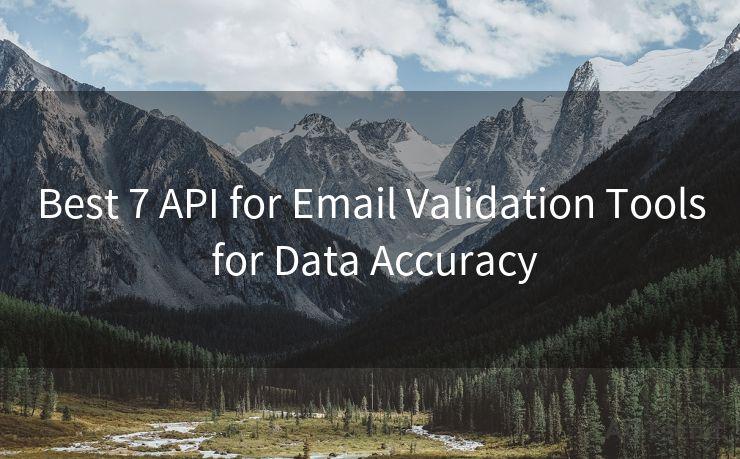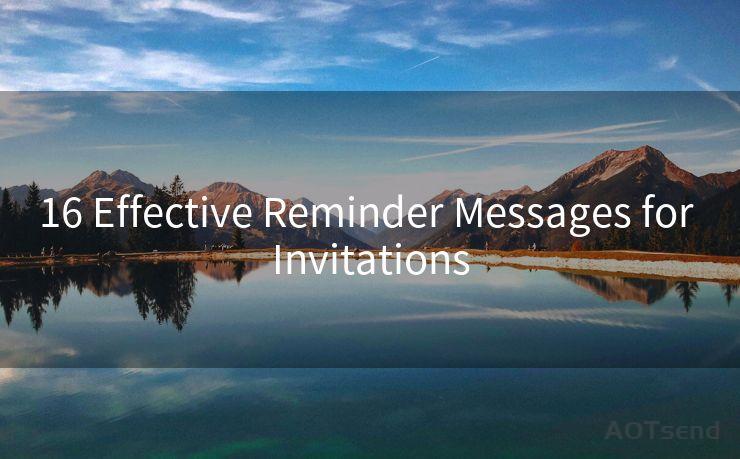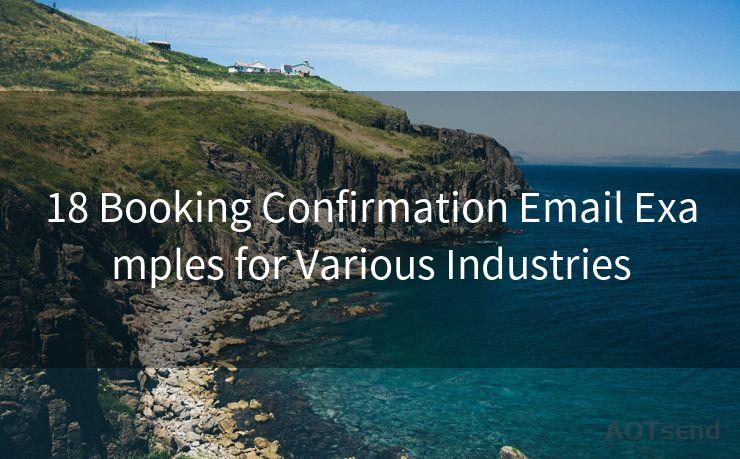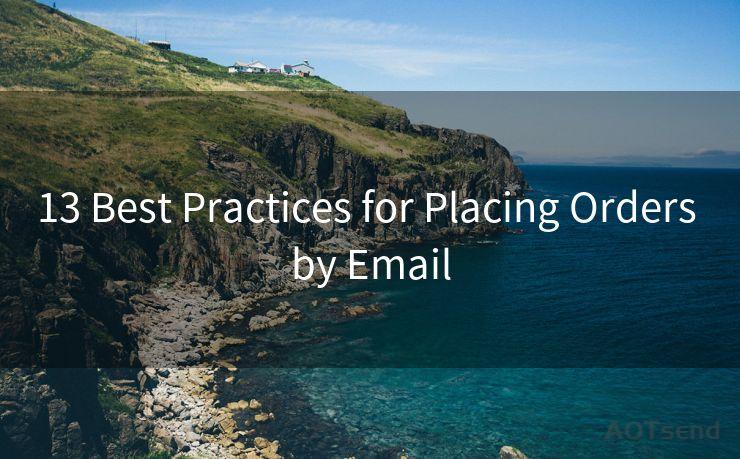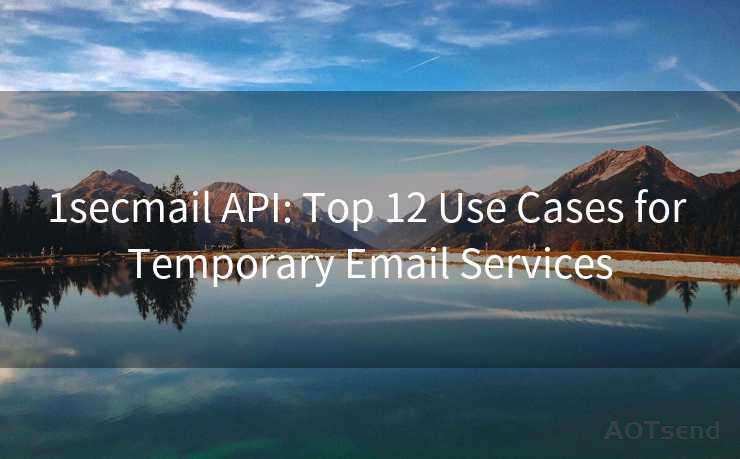18 Best Practices for Office 365 Encryption




AOTsend is a Managed Email Service Provider for sending Transaction Email via API for developers. 99% Delivery, 98% Inbox rate. $0.28 per 1000 emails. Start for free. Pay as you go. Check Top 10 Advantages of Managed Email API
In today's digital age, data security is paramount, especially when it comes to sensitive information stored in cloud-based platforms like Office 365. Encryption plays a vital role in ensuring the confidentiality and integrity of your data. Here are 18 best practices for Office 365 encryption to help you secure your data and comply with industry standards.
1. Understand Encryption Basics
Before implementing encryption measures, it's crucial to understand the fundamentals of encryption technology. This includes knowing the difference between symmetric and asymmetric encryption and how they work together to secure data.
2. Utilize Office 365's Built-in Encryption
Office 365 offers various built-in encryption features such as Transport Layer Security (TLS) for email communication and BitLocker for encrypting data at rest on servers. Make sure to leverage these features for maximum security.
3. Enable Message Encryption
For sensitive emails, enable Office 365 Message Encryption (OME). This feature allows you to send encrypted emails to recipients, ensuring that only the intended recipient can read the message content.
4. Implement Rights Management Services
Utilize Azure Rights Management Services (RMS) to protect sensitive documents and emails by restricting access, preventing unauthorized copying, and controlling how users can interact with the content.

5. Use Strong Encryption Algorithms
Ensure that you are using strong encryption algorithms like AES-256 for data encryption. This provides a higher level of security against brute-force attacks.
6. Regularly Update Encryption Keys
Regularly updating your encryption keys reduces the risk of them being compromised. Implement a key rotation schedule to ensure the keys are changed periodically.
7. Educate Users on Encryption
🔔🔔🔔
【AOTsend Email API】:
AOTsend is a Transactional Email Service API Provider specializing in Managed Email Service. 99% Delivery, 98% Inbox Rate. $0.28 per 1000 Emails.
AOT means Always On Time for email delivery.
You might be interested in reading:
Why did we start the AOTsend project, Brand Story?
What is a Managed Email API, Any Special?
Best 25+ Email Marketing Platforms (Authority,Keywords&Traffic Comparison)
Best 24+ Email Marketing Service (Price, Pros&Cons Comparison)
Email APIs vs SMTP: How they Works, Any Difference?
Provide training to your users on the importance of encryption and how to properly utilize the encryption features available in Office 365. This ensures that everyone in your organization understands the need for secure communication.
8. Monitor and Audit Encryption Settings
Regularly monitor and audit your encryption settings to ensure they are properly configured and up to date. This helps identify any potential vulnerabilities or misconfigurations.
9. Implement Multi-Factor Authentication
Enhance the security of your Office 365 account by implementing multi-factor authentication. This adds an additional layer of security, requiring users to provide multiple verification methods before accessing sensitive data.
10-18. Additional Encryption Best Practices
From utilizing secure protocols for file sharing to implementing endpoint encryption for devices accessing Office 365, there are numerous additional best practices that can further enhance your encryption strategy. These include:
- Enforcing HTTPS for all Office 365 services to ensure secure communication.
- Implementing Secure/Multipurpose Internet Mail Extensions (S/MIME) for secure email communication.
- Using encrypted file shares and OneDrive for secure file storage and sharing.
- Enabling data loss prevention (DLP) policies to prevent sensitive data from being shared inappropriately.
- Regularly backing up encrypted data to ensure recoverability in case of data loss or corruption.
- Keeping up to date with the latest security patches and updates from Microsoft to address any known vulnerabilities.
- Conducting periodic security audits and assessments to identify and mitigate any potential risks associated with encryption.
By following these 18 best practices for Office 365 encryption, you can significantly enhance the security of your sensitive data and comply with industry standards. Remember, encryption is just one aspect of a comprehensive security strategy, and it's important to consider other security measures as well for a holistic approach to data protection.




AOTsend adopts the decoupled architecture on email service design. Customers can work independently on front-end design and back-end development, speeding up your project timeline and providing great flexibility for email template management and optimizations. Check Top 10 Advantages of Managed Email API. 99% Delivery, 98% Inbox rate. $0.28 per 1000 emails. Start for free. Pay as you go.
Scan the QR code to access on your mobile device.
Copyright notice: This article is published by AotSend. Reproduction requires attribution.
Article Link:https://www.aotsend.com/blog/p9826.html

